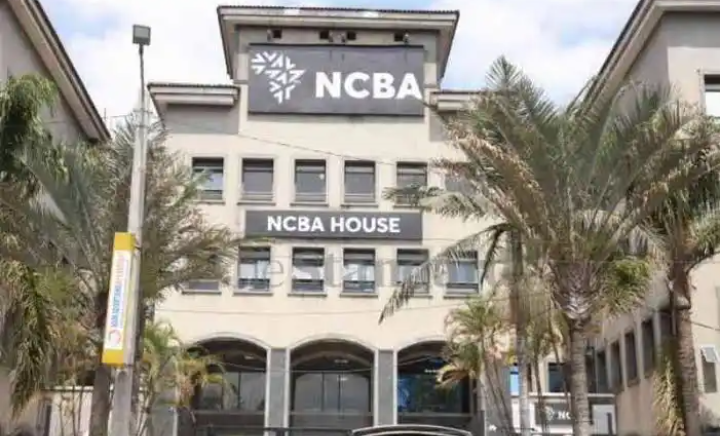The transformation of Pio Gama Pinto’s former home into the parking lot of Sankara Hotel in Nairobi is both a symbolic and ironic reflection of Kenya’s post-independence history.
Pio Gama Pinto, a staunch anti-colonial activist and socialist, was assassinated in 1965, shortly after Kenya gained independence.
His assassination is widely believed to have been ordered by President Jomo Kenyatta, as Pinto was seen as a threat due to his leftist leanings and his close alignment with vice-president Jaramogi Oginga Odinga.
This political rivalry culminated in his murder, making him one of Kenya’s first post-independence political martyrs.
What adds a layer of irony to this historical fact is that the signage on Pio Gama Pinto Road, the street named in his honor, was sponsored by NCBA Bank, a merger of CBA and NIC.
NCBA is partially owned by the Kenyatta family, the very same family of Kenya’s first president, who is implicated in Pinto’s killing.
This juxtaposition—of Pinto’s revolutionary legacy being subsumed by the modern-day corporate interests of the Kenyatta family speaks volumes about the complex legacy of Kenya’s political elite.
The sponsorship by NCBA also raises questions about the appropriation of historical memory in Kenya.
Pinto’s contributions to Kenya’s freedom struggle and his opposition to the neocolonial tendencies that emerged after independence are celebrated in name, but the political and economic forces he fought against seem to persist in new forms.
The commercialization of his memory through a bank associated with the very family connected to his death adds a sharp contrast to the ideals for which he stood.
This transformation of historical spaces into commercial entities, like in the case of the Sankara Hotel parking lot, reflects a broader trend in urban development, where history is often forgotten or replaced by modern infrastructure.
Pinto’s assassination marked a turning point in Kenya’s political scenes, symbolizing the suppression of leftist movements during the early years of independence.
Yet, in today’s Nairobi, the historical significance of these places is often overshadowed by commercial and corporate expansion.
The irony of the Kenyatta family’s NCBA Bank sponsoring the signage on Pio Gama Pinto Road, while his home is now a parking lot for an upscale hotel, expose the deep-rooted complexities in Kenya’s post-independence history.
It reflects the ongoing tension between Kenya’s revolutionary past and its capitalist present.
This situation invites critical reflection on how the legacies of freedom fighters are remembered or commodified by subsequent generations.





















Add Comment